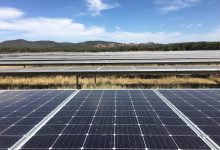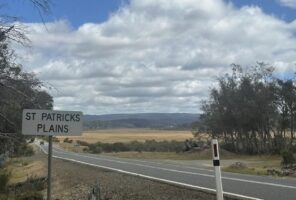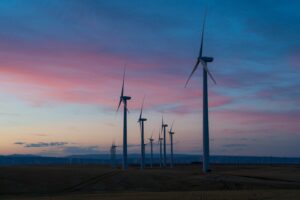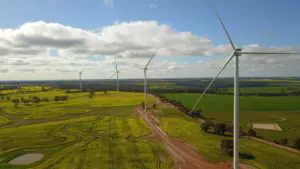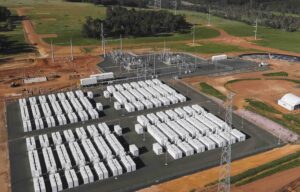New Energy Solar is optimistic about the future of its solar energy portfolio, despite reporting a $74.3 million loss in 2020, after rainy weather, bushfires, a higher Australian dollar and the fallout of the Covid-19 pandemic contributed to a subdued year.
The ASX-listed New Energy Solar said underlying earnings grew 36 per cent in the year as new solar farms came online, but this was wiped out by the impact of reduced valuations of the company’s portfolio.
CEO John Martin said that while 2020 had proved to be an unexpectedly challenging year, that there were reasons to be optimistic for investors in clean energy projects.
“It goes without saying that 2020 was an unusual and challenging year for communities globally. However, for proponents of clean energy it was also surprising year that saw the penetration of renewables in generation increase and many governments rally to combat climate change,” Martin said.
As flagged previously by RenewEconomy, the company was forced to write down the value of its solar portfolio by $98.3 million, as demand for energy in key markets fell, driving energy prices lower.
New Energy Solar is required to regularly calculate the underlying value of its solar portfolio, which had been reduced on the back of falling expectations of future energy prices.
A significant portion of the write downs related to increases in the value of the Australian dollar, with 14 of the company’s 16 solar farms located in the United States. The value of the Australian dollar has risen by around 20 per cent compared to its pre-Covid levels.
New Energy Solar also said that its revenues had been impacted by a range of weather events that reduced the performance of a number of its solar farms, including the Stanford Solar Power Plant and the Turlock Irrigation District Power Plant, which was damaged by Californian fires.
The output from the Mount Signal 2 project, the largest solar farm in the NEW portfolio at 200MW, was also impacted by commissioning issues, which related to the project’s inverters.
The company also blamed rainy weather in New South Wales and North Carolina for further reducing output at a number of solar farms in both regions.
Despite the write downs and challenging operating environment, the company reported revenue growth of 38 per cent, rising to US$75.1 million (A$94.3 million) and underlying earnings before income tax of US$36 million (A$45.2 million).
The company has been frustrated by what it sees as an undervaluation of the company’s shares, which currently trade at around 80 cents per share, despite the underlying asset value of the company’s portfolio sitting at $1.17 per share.
“The discount to net asset value that NEW securities trade at has been a source of frustration to management and also the NEW boards for some time, as I know it has been to investors,” Martin told investors.
The company engaged consultants to undertake a review of its portfolio, with the aim of improving the value proposition for shareholders, and the company’s share price, which resulted in the company deciding to put its two Australian assets, the Manildra and Beryl solar farms, up for sale.
Shareholders were told that the proceeds of these sales would be put towards “capital management”, which may including reducing the company’s debt, as well as being returned to shareholders through a share buyback.
CEO John Martin said that despite the troubles experienced in 2020, more recent developments suggest a very positive outlook for the clean energy sector.
“The combination of Biden win and Congress passing legislation to extend the clean energy tax credit scheme and introduce a range of clean energy support measures lead to heightened expectations of resumption of growth in renewable energy investment,” he said.

